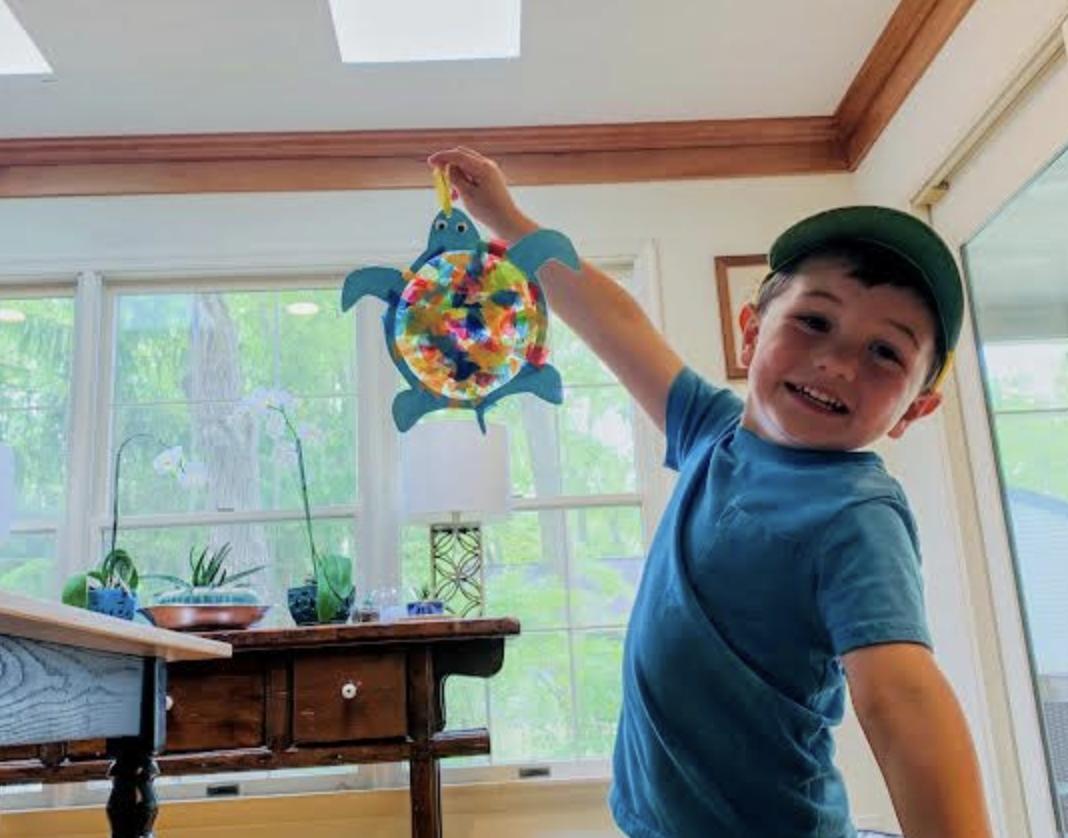The Sultana Education Foundation is pleased to announce that it has developed alternate camp options to keep young children engaged and active all summer long, replacing live, in-person programming.
 SEF is offering two programs for children ages 3-7, featuring several themes and led by our professional staff. Participation is limited to 15 children per session and programs will run weekly from July 13 through August 28. Registration is available online at https://sultanaeducation.org/summer-programs/.
SEF is offering two programs for children ages 3-7, featuring several themes and led by our professional staff. Participation is limited to 15 children per session and programs will run weekly from July 13 through August 28. Registration is available online at https://sultanaeducation.org/summer-programs/.
The programs include a program for Toddlers as well as a program for slightly older children. Virtual Toddler Time lets children explore the natural world through stories, songs, games, crafts, and other hands-on activities. Each session is one week-long with online Zoom meetings held M, W, F from 10:30-11:00 AM. Before camp, participants will receive a package in the mail filled with crafts and activities to last the session. The program price is set at $15/child/session.
Online Discovery Camp is filled with exciting experiences introducing children to the Chesapeake Bay. Before camp, participants receive a Discovery Box in the mail filled with craft supplies and materials designed to encourage exploration. Sessions will be 45 minutes in the morning (9:00 AM – 9:45 AM) and afternoon (4:00 PM – 4:45 PM) via Zoom in which participants read stories, play games, make crafts, and meet critters from the Holt Center’s Wet Lab. This program will run $50/child/session.
“Virtual Toddler Time and Online Discovery Camp will provide children with exciting opportunities to learn about the natural world in a way that is fun and engaging,” stated SEF’s Director of Science, Beth Lenker. “While the face to face interactions will take place online, sending materials directly to students in the mail prior to the start of each session makes the instruction as interactive as possible. We look forward to pioneering this new form of summer programming with our campers!”
The Sultana Education Foundation’s mission is to provide transformative educational experiences in which students investigate the natural and human history of the Chesapeake Bay while exploring solutions to create a more sustainable ecosystem.



Write a Letter to the Editor on this Article
We encourage readers to offer their point of view on this article by submitting the following form. Editing is sometimes necessary and is done at the discretion of the editorial staff.